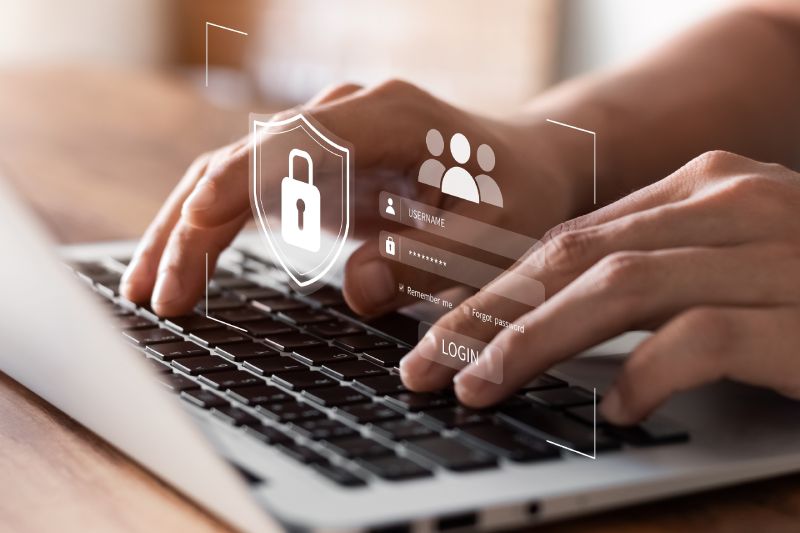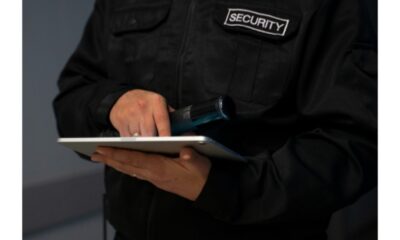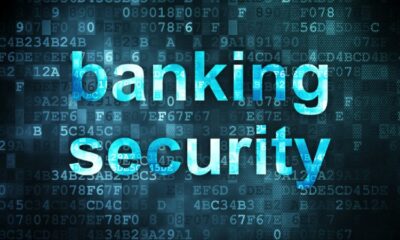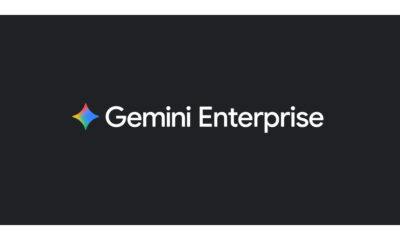Business
4 Suggestions For Safeguarding Your Online Funds

Almost every day, we transfer money online for a variety of purposes, including playing games on our phones, making monthly payments, and switching between bank accounts. Money management has been simplified and expedited by the digital age, however using online systems increases the chance of having your money stolen by hackers.
Examine the safety measures you should implement while transferring and spending money online to protect your money from loss.
Don’t Provide Your Personal Information
Above all, until you are certain that the person is trustworthy, you must keep your personal information confidential. In response to a surge in cybercrime cases, the government launched a significant campaign in 2024 to combat fraud. The campaign advised citizens to “Stop! Think Fraud” before responding to emails and texts asking personal information.
Cybercriminals are skilled at devising strategies to deceive you into disclosing personal information. Examples include posing as well-known businesses, posing as urgent demand scammers (such as those involving SMS parcel delivery), and enticing customers with exclusive deals.
Recall that respectable establishments will never request that you divulge your personal details online. It is advisable to meticulously examine the sender data of dubious emails and texts, as attempted hackers typically reveal the email address or mobile number.
Verify The Security Of The Websites
Make sure websites are secure before entering your name, address, and credit card information, whether you’re making a big purchase, purchasing a new outfit, or making a deposit to play online bingo on your phone.
A secure website can be identified by looking at the URL, which should start with “https,” where the “s” stands for secure. This indicates that all data transferred from your browser to their platform is encrypted and that the website is secured by a Secure Sockets Layer (SSL) certificate.
Make Sure Your Password Is Secure
Before transferring money using their platform, the majority of reliable websites will require you to register an account and provide a password. This aids in authenticating internet users and removing hacking attempts that are either human or machine-led.
Regardless of the website or the amount of money you’re spending, always use a secure password. Robust passwords consist of a blend of capital and lowercase characters, digits, and symbols, and must not be associated with any personal details like your name or birthdate.
Avoid Clicking On Unknown Links
Finally, be careful not to click on strange URLs without first verifying that the request is coming from a reputable source. Your hackers may be able to access your accounts and obtain valuable personal information if you enter information through these links.
Always take the time to confirm the sender’s information, and instead of opening the link in your browser, hover over it to read the URL. When in doubt, give someone a call to confirm.
-

 Business4 weeks ago
Business4 weeks agoWhere There Is a Will, There Is a Way: Hayson Tasher and the New Year, New Me Mindset in Security Entrepreneurship
-

 Health4 weeks ago
Health4 weeks agoMy Juno Health Enterprise Partnerships Signal Shift From Claims Management to Utilization Prevention
-

 Business3 weeks ago
Business3 weeks agoAlain Khoueiry and His Mission to Present Kazakhstan as a Land of Opportunity and Wonder
-

 Health2 weeks ago
Health2 weeks agoShame, Trauma, and the Mind-Body Connection: How Dr. Karina Menali’s Kai Wellness Frames Emotional Healing as Integral to Physical Health
-

 Music4 weeks ago
Music4 weeks agoBTS will Return With ‘BTS THE COMEBACK LIVE | ARIRANG’ Concert and New Documentary on Netflix
-

 Tech3 weeks ago
Tech3 weeks agoBobby Atkins, Stonington Connecticut: How Effective Material Handling Supports On-Time Manufacturing Output
-

 Apps4 weeks ago
Apps4 weeks agoBest Apps with Simple IPO Application Process
-

 Business3 weeks ago
Business3 weeks agoStephen Straz: Building Success Through Business Leadership




















